Our Findings
Growing Up in New Zealand regularly releases research reports that detail the latest findings from the study and what we have found out about the development, health and wellbeing of the children and their families in the study.
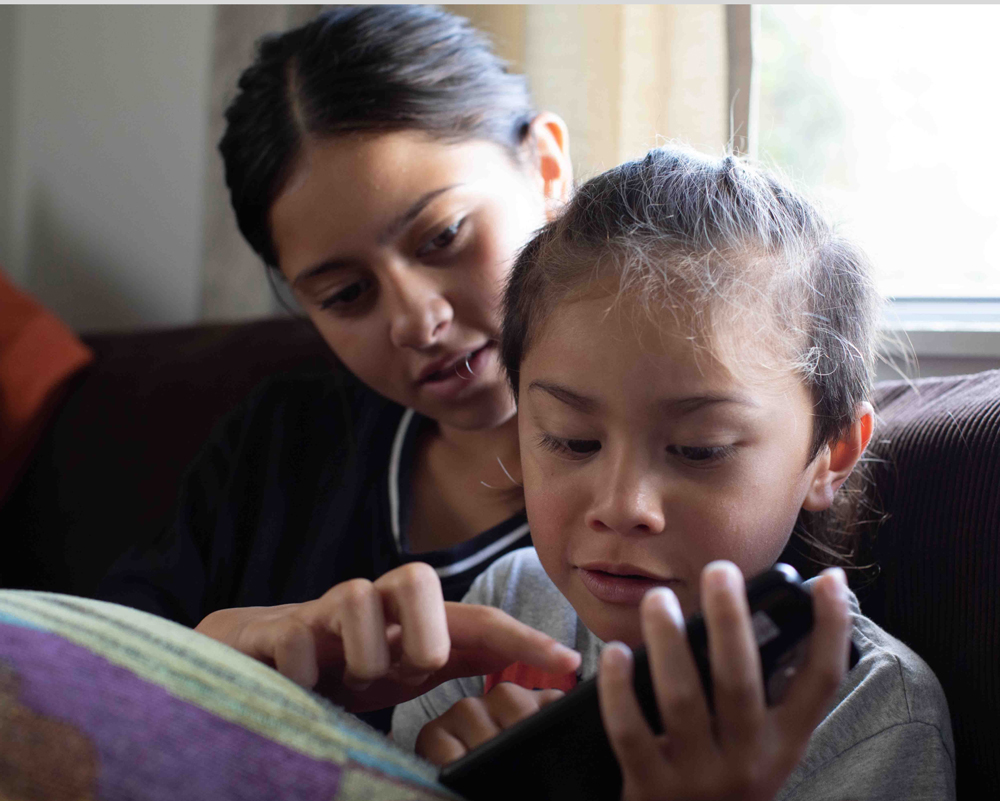
Now We Are Twelve Snapshot 10 - Structural disadvantage and rangatahi Māori mental wellbeing
This paper provides the first contemporary information about trajectories of structural disadvantage for rangatahi Māori, using data collected from before the Growing Up in New Zealand cohort were born through to 12-years of age.
Now We Are Twelve - Snapshot 10 | Nov 2023
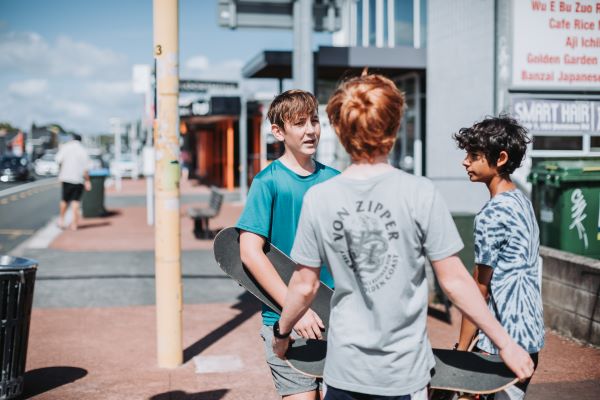
Stepping into adolescence: Emerging autonomy and independence – Now We Are Twelve
Extended fact sheet | August 2023
At the twelve-year old data collection wave, Growing Up in New Zealand measured three constructs that relate to young people’s autonomy. Learn more at these and find some research ideas in this fact sheet.
Extended fact sheet | August 2023
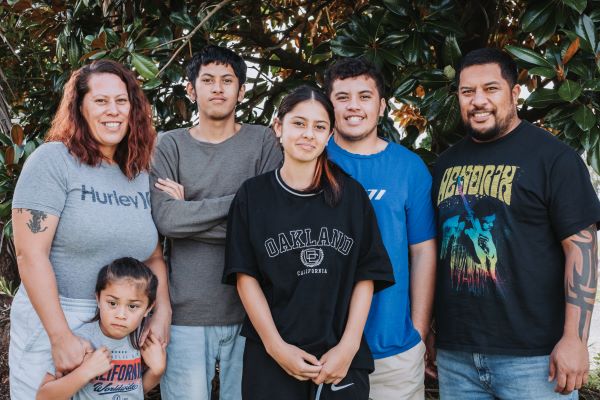
Families and Whānau – Now We Are Twelve
Extended fact sheet | August 2023
This fact sheet presents a snapshot of the parents, families, whānau and household composition of young people in Aotearoa, New Zealand, at twelve years of age. It also describes the constructs measured which relate to young people’s families and whanau.
Extended fact sheet | August 2023
.jpg)
Young people’s experiences of puberty at aged 12 - Now We Are Twelve
29 August 2023
We investigated the cohort's pubertal development at aged12 to determine whether this differed by sex assigned at birth or self-reported ethnicity. We also explored how young people felt about the changes happening to their bodies, highlighting the diverse experiences of young people. This report also describes the average age of first menstruation and use of free period products in schools.
Now We Are Twelve report | August 2023
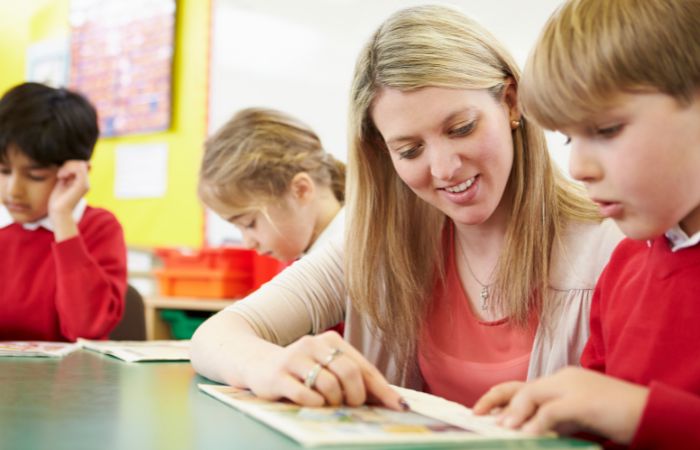
Teacher survey report - Now We Are Twelve
24 August 2023
Teachers of the Growing Up cohort were invited to take part in a questionnaire about learning environments, digital and distance learning, perceptions of bullying and academic performance. The findings relate to when the cohort were predominantly in year 7 at school.
Now We Are Twelve report | August 2023
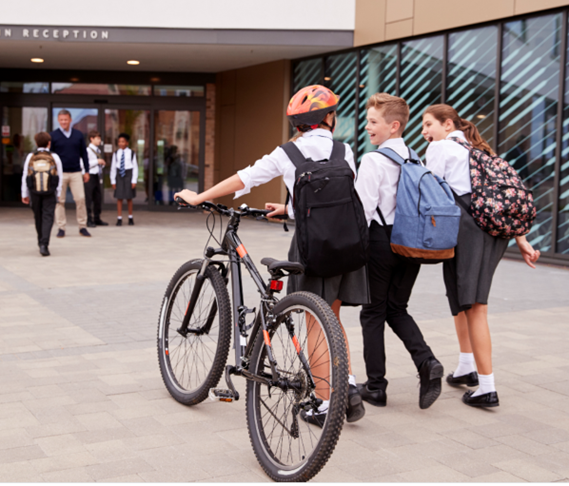
Now We Are Twelve Snapshot 9 - Relationships with parents, peers and special adults.
In the 12-year data collection wave, young people reported their experiences of their relationships with their parents, peers and non-parental special adults.
Now We Are Twelve - Snapshot 9 | June 2023
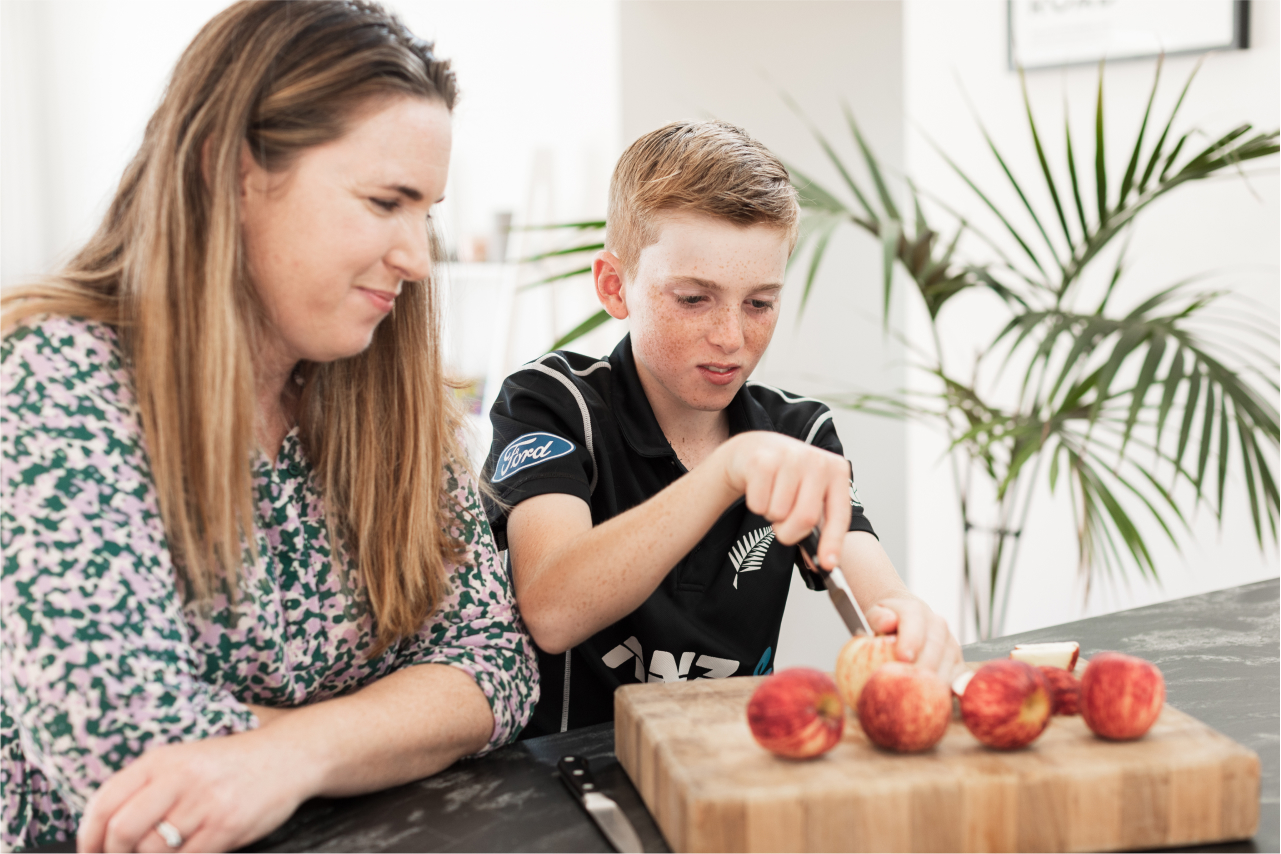
Now We Are Twelve Snapshot 8 - The impact of disability on young people and their family.
The New Zealand (NZ) Government’s vision is for NZ to be a non-disabling society “where disabled people have an equal opportunity to achieve their goals and aspirations”.
Now We Are Twelve - Snapshot 8 | July 2023
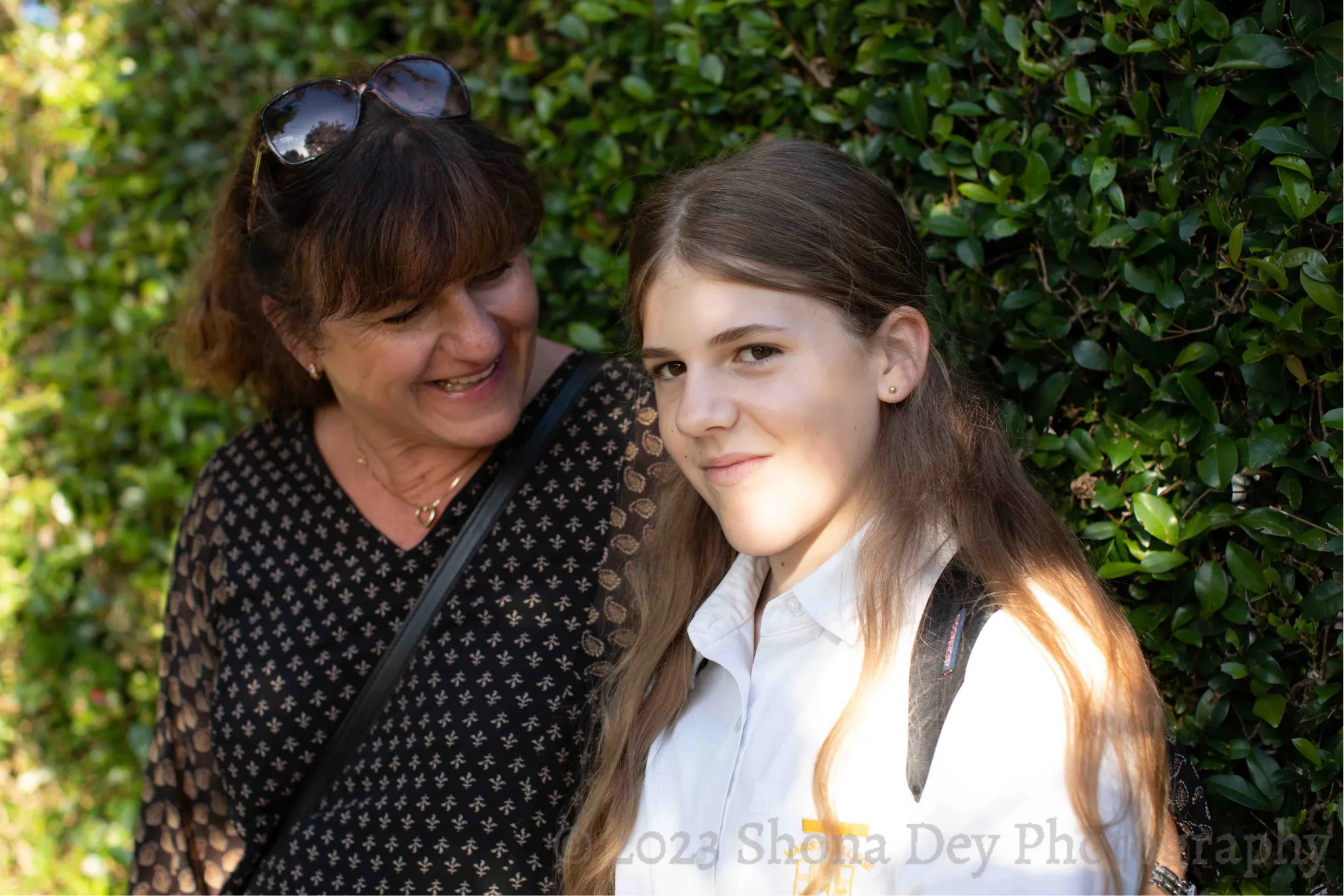
Now We Are Twelve Snapshot 7 - Young people's experiences of depression and anxiety symptoms
Mental health includes emotional, psychological, and social wellbeing and affects our thoughts, feelings, behaviour and physical health. Depression and anxiety are two of the most prevalent mental health conditions worldwide.
Now We Are Twelve - Snapshot 7 | June 2023
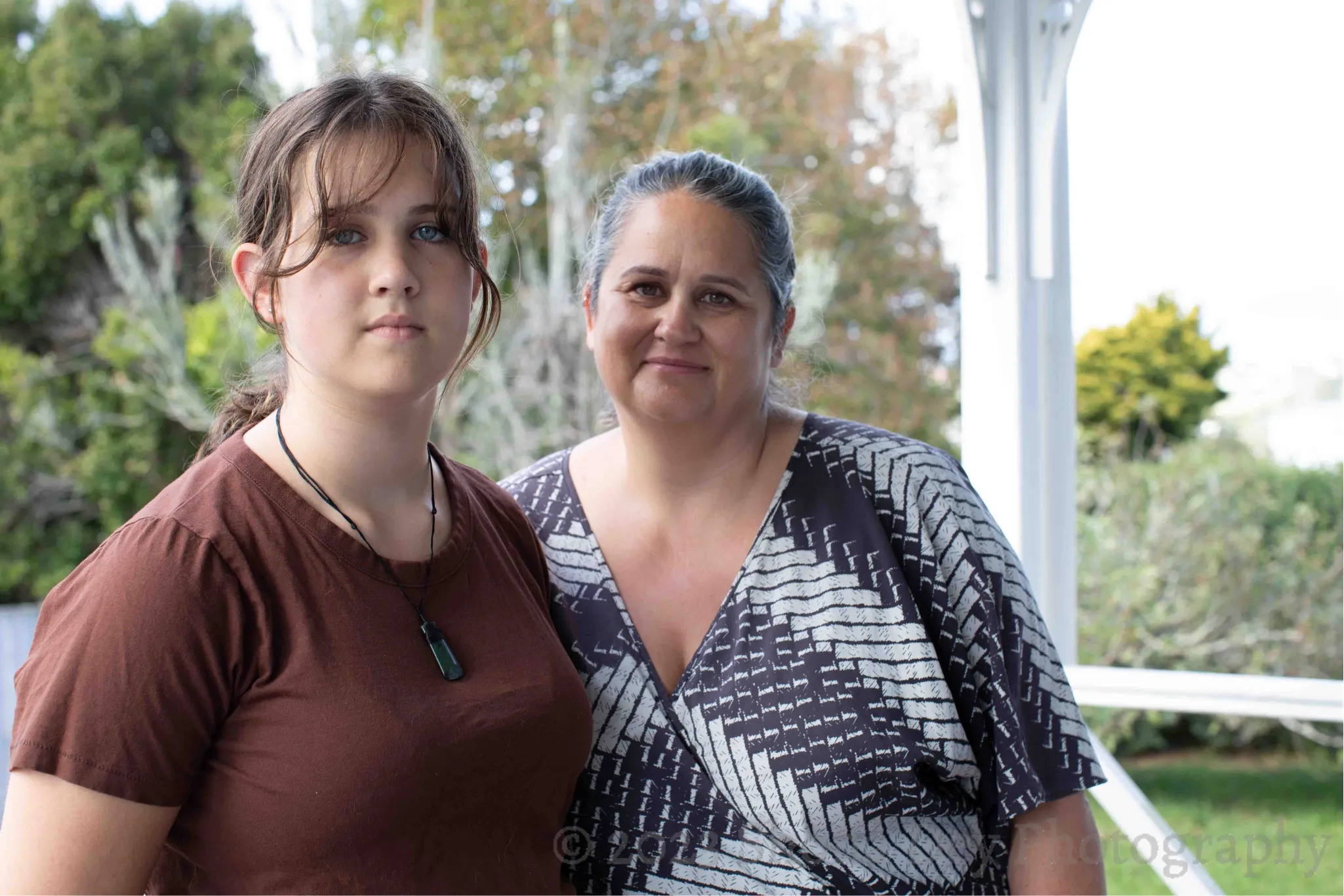
Now We Are Twelve Snapshot 6 - Experiences of the COVID-19 pandemic and young people’s wellbeing
In Aotearoa, the COVID-19 pandemic has been associated with greater depression and anxiety compared to population norms (1) and worry about COVID-19 has been correlated with anxiety, depression, and stress (2). However, few studies have examined the wellbeing of young New Zealanders.
Now We Are Twelve - Snapshot 6 | June 2023
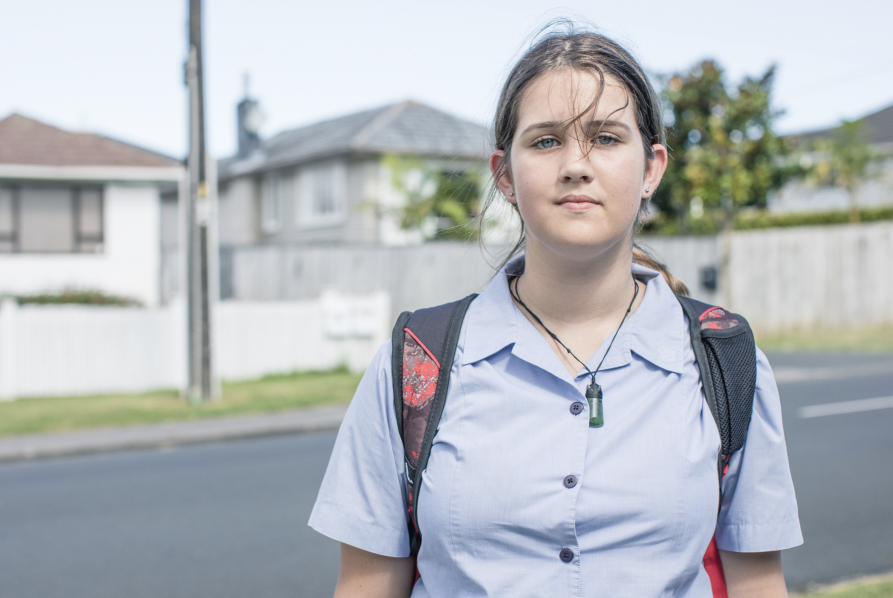
Now We Are Twelve Snapshot 5 - School Engagement
This report provides an overview of young people's engagement in school and identifies key factors associated with engagement.
Now We Are Twelve - Snapshot 5 | May 2023
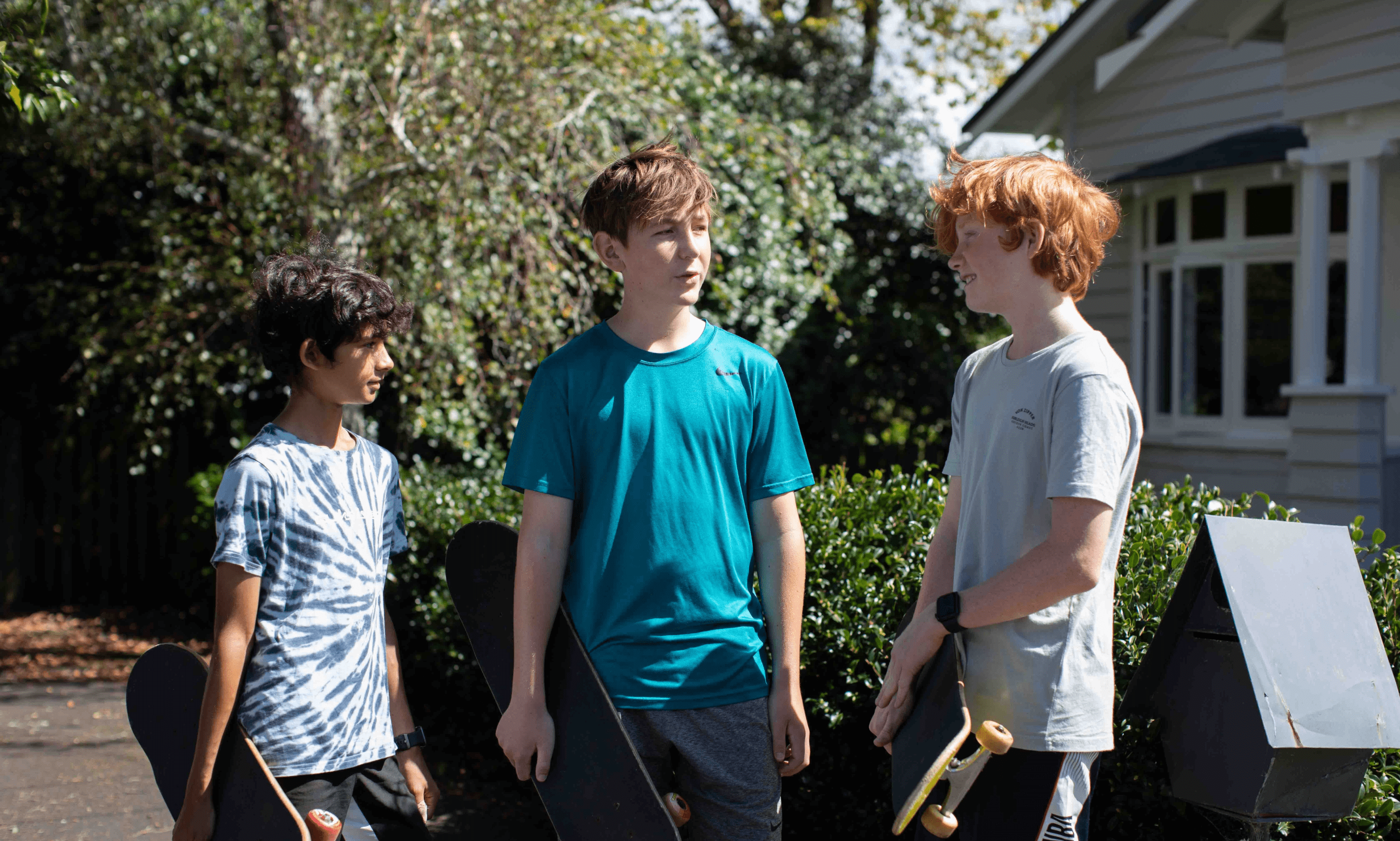
Now We Are Twelve Snapshot 4 - Housing and Homelessness
Housing profoundly affects young people's health, wellbeing, and development. This report examined the housing conditions, residential mobility and severe housing deprivation experience of the Growing Up in New Zealand cohort between ages 8 and 12.
Now We Are Twelve - Snapshot 4 | May 2023
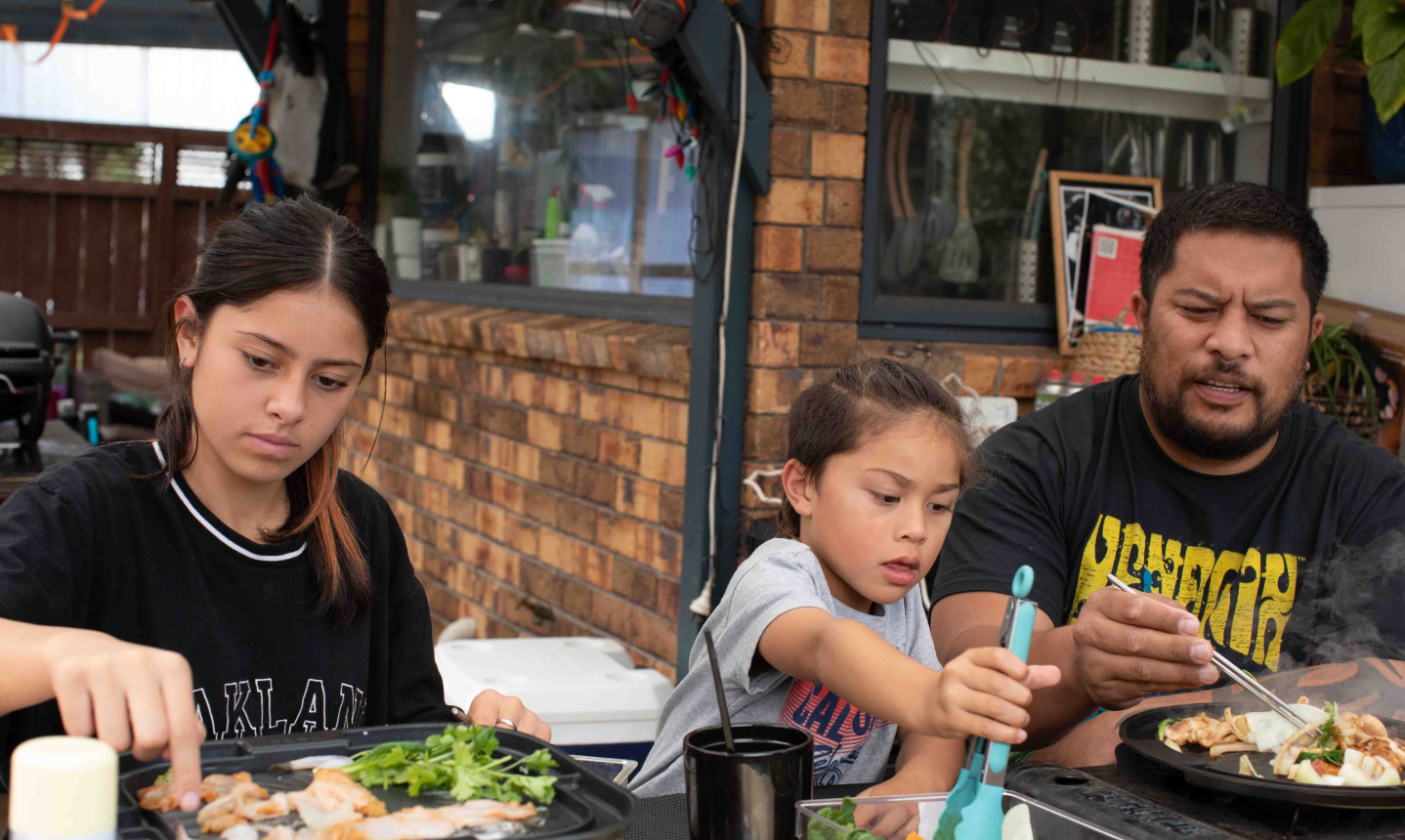
COMING SOON
Now We Are Twelve Snapshot 3 - Food insecurity
This report examines the proportions of the Growing Up in New Zealand cohort that lived in households experiencing food insecurity. We focused on change in household food security status between 8- and 12-years of age, and receipt of government support for families with food insecurity, including school food programmes.
Now We Are Twelve - Snapshot 3 | May 2023
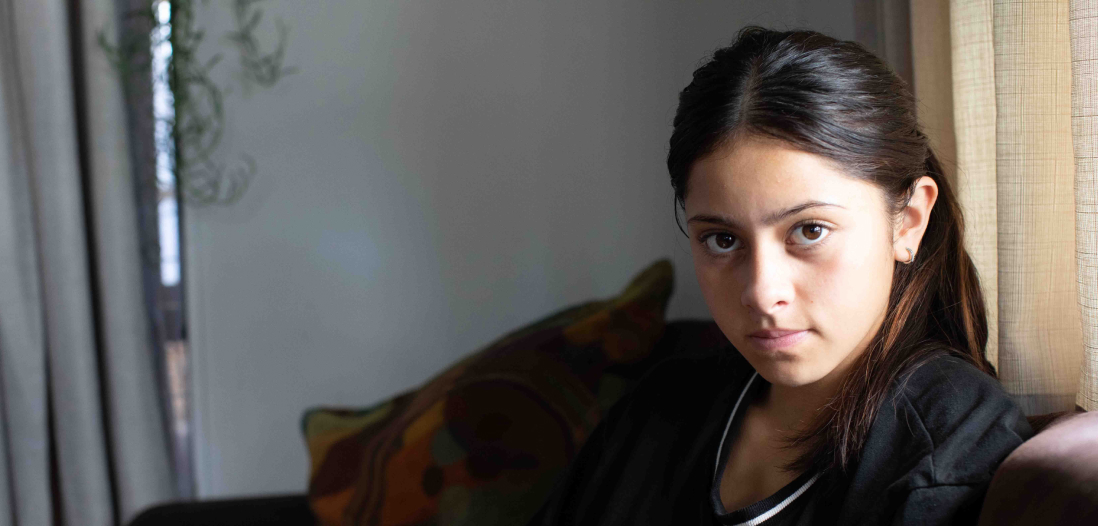
Now We Are Twelve Snapshot 2 - Material Hardship
Although efforts have been made in recent years to improve the living standards of children in Aotearoa New Zealand, many families are still struggling to meet their basic needs (1).These families living in material hardship lack everyday essentials such as suitable clothing, access to local amenities, and adequate heating.
Now We Are Twelve - Snapshot 2 | April 2023
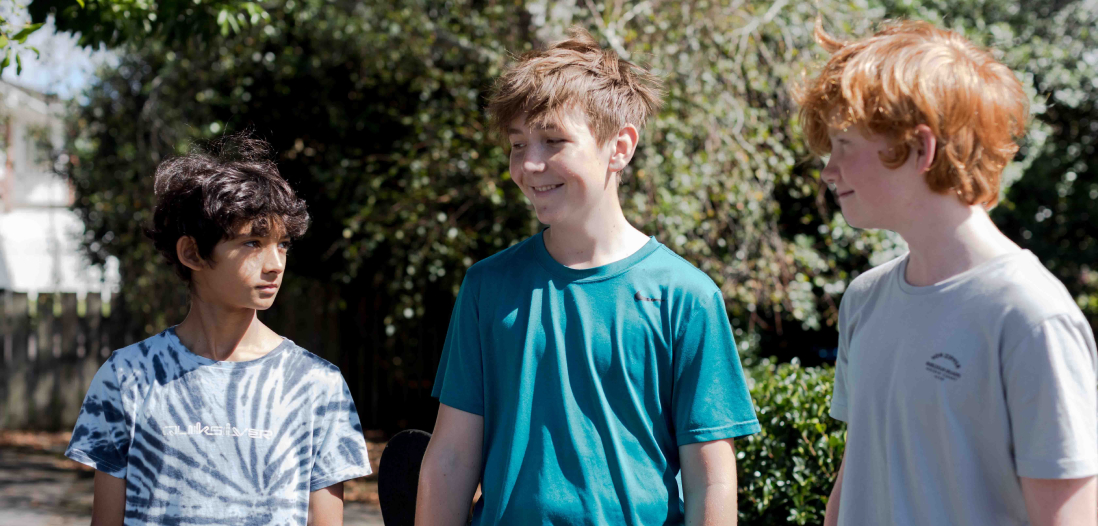
Now We Are Twelve Snapshot 1 - Ethnic and Gender Identity at 12 Years Old
How ethnic and gender identities are measured and understood has important implications for the actions we take as a country to achieve equity. In this topic, we will highlight how young people self-describe their ethnic and gender identity at age 12. We will also present young peoples’ sense of cultural connectedness and belonging to their ethnic group(s).
Now We Are Twelve - Snapshot 1 | April 2023

Life in Lockdown: Education
This is one of two reports which details findings from a survey of 10 and 11 year old children in the Growing Up cohort to learn more about their experiences of Covid-19 restrictions, including lockdown in 2020. This report details the findings on children's education and at-home learning.
Report 10 - Part 2 | Sept 2021
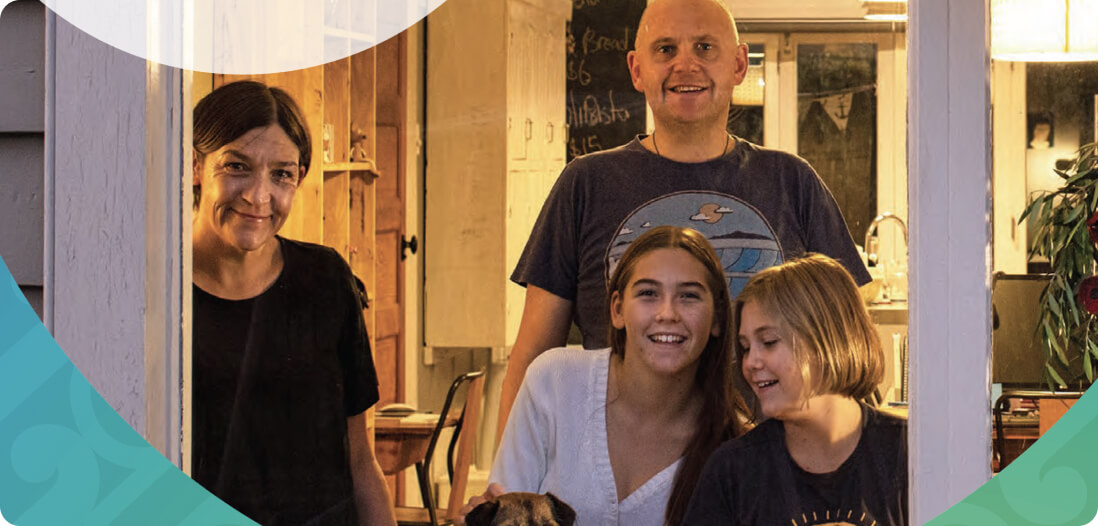
Life in Lockdown: Health and Wellbeing
This is one of two reports which details findings from a survey of 10 and 11 year old children in the Growing Up cohort to learn more about their experiences of Covid-19 restrictions, including lockdown in 2020. This report details the findings on children's health and wellbeing.
Report 10 - Part 1 | Sept 2021
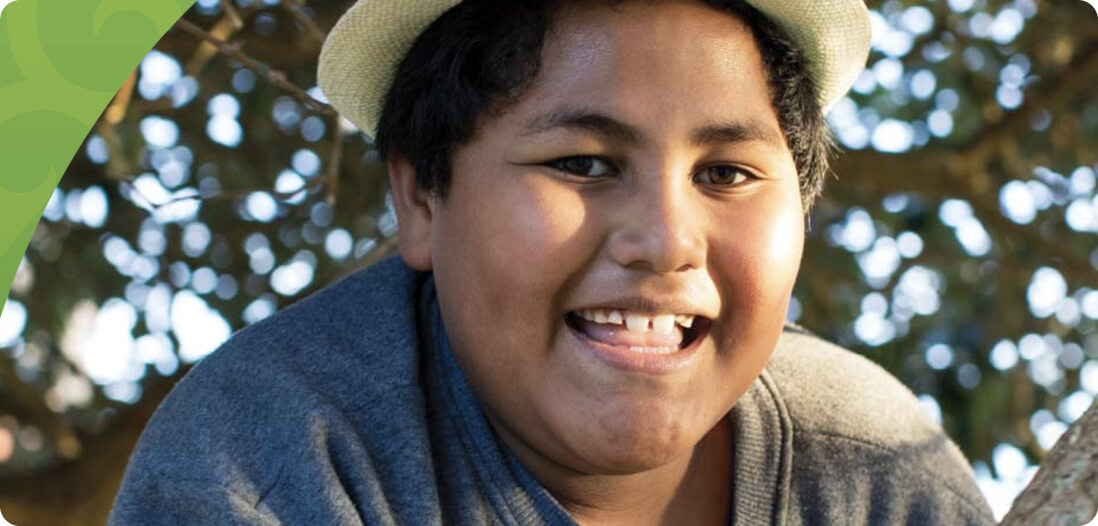
Now We Are Eight: Life in Middle Childhood
This report explores the lives of the children at eight years of age and provides an insight into children's emerging sense of culture and identity and how they connect with their families and the wider world. It is the first report to feature the voices of the children as they were interviewed directly for the first time.
Report 09 | Nov 2020
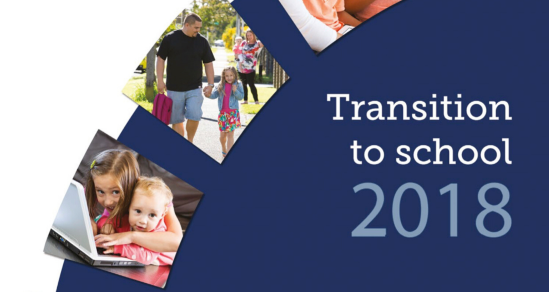
Transition to school
This report explores the nature and impact of the transition to formal schooling for the Growing Up in New Zealand cohort. The transition to formal schooling is a significant milestone and this report helps further our understanding about how to facilitate positive school experiences for all children.
Report 08 | June 2018
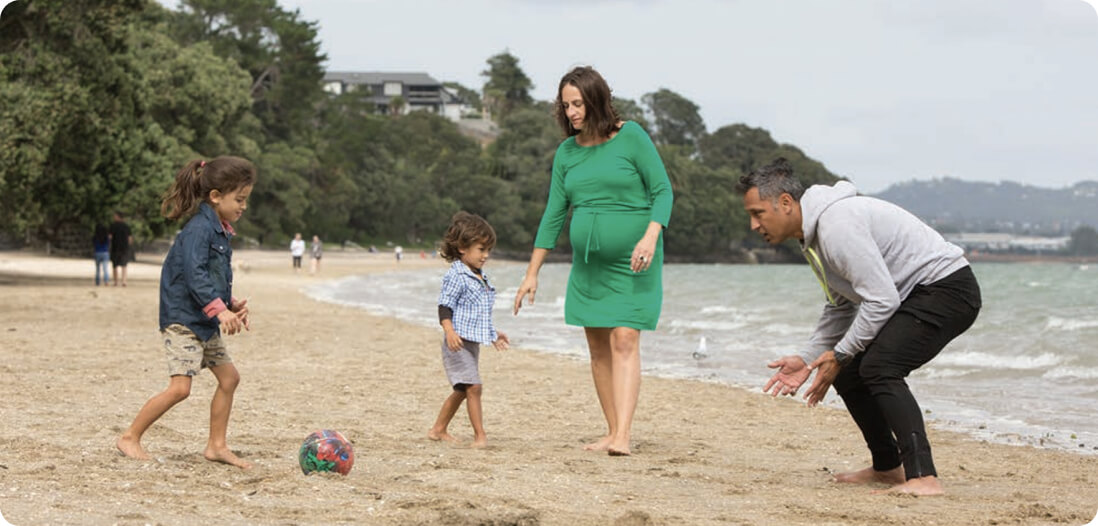
Now We Are Four — Describing the Preschool Years
This report provides insight into the health and wellbeing, and social and emotional functioning of New Zealand four-year-olds. The report also depicts changes in the children's home environment, participation in early childhood education, household mobility and socioeconomic situation over the first four years of their lives.
Report 07 | May 2017
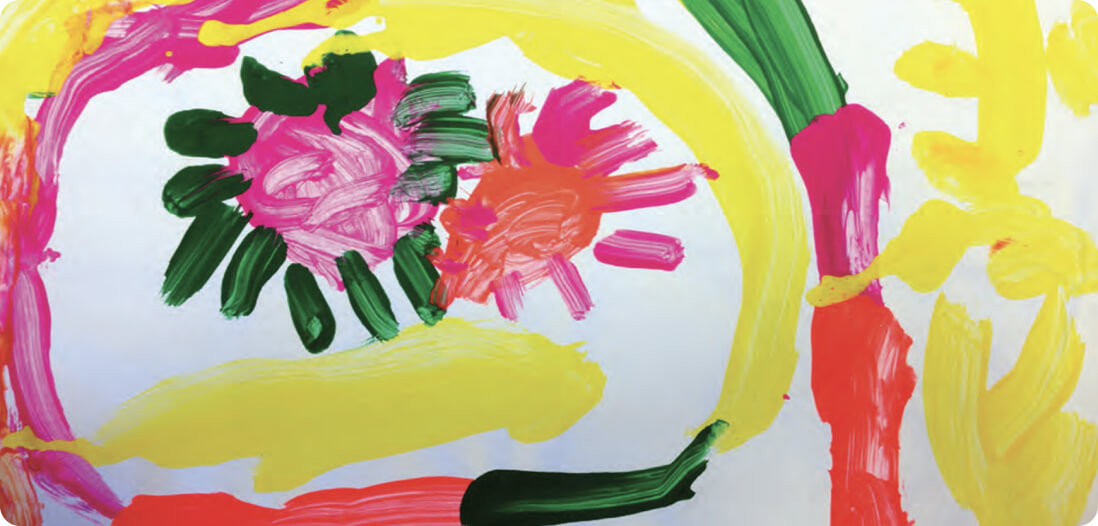
Transitions in exposure to vulnerability in the first 1,000 days of life
This second report on vulnerability explores children’s transitions in and out of vulnerable states and describes the impact of persistent and changing vulnerability on children’s health and behavioural development in their first 1,000 days of life.
Report 06 | July 2015
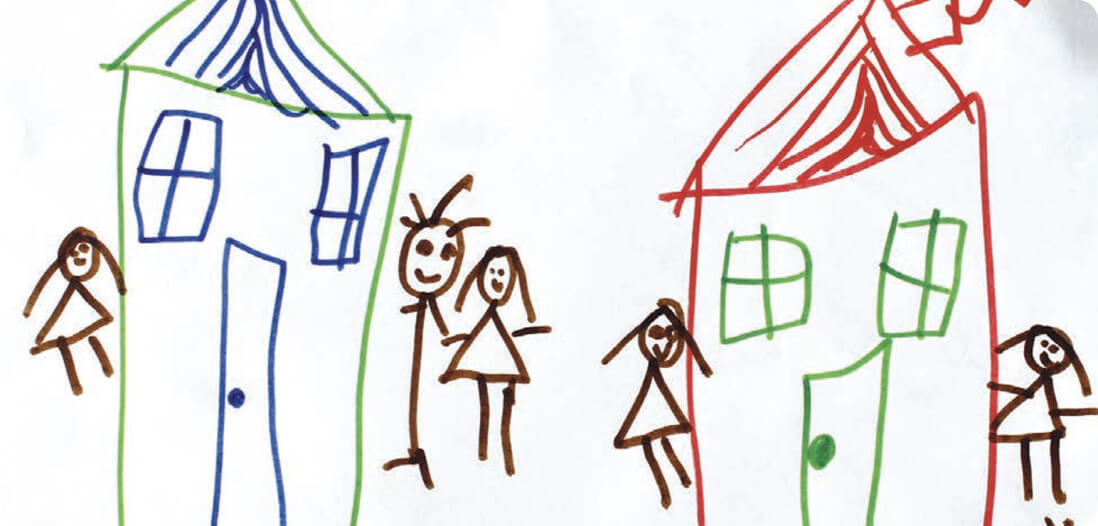
COMING SOON
Moving house in the first 1,000 days
This report describes how often and how far New Zealand children are moving in the early years of their lives. It identifies some of the ethnic, demographic, family characteristics and types of housing tenure associated with high levels of mobility.
Report 05 | Dec 2014
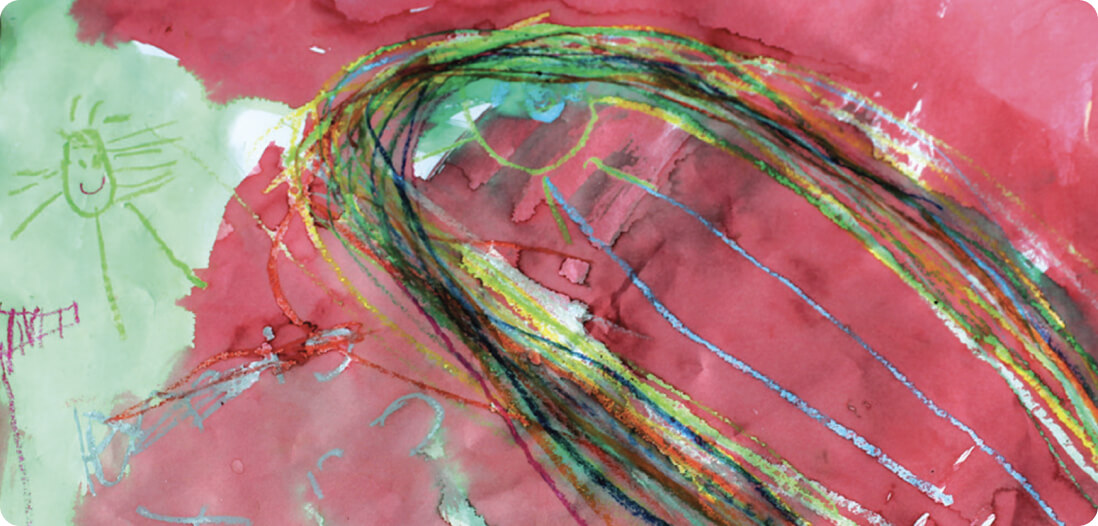
COMING SOON
Exploring the definition of vulnerability for children in their first 1,000 days
This report evaluates how commonly New Zealand children experience twelve family and environmental risk factors that have previously been shown to increase the chances that children will have poor developmental outcomes.
Report 04 | July 2014
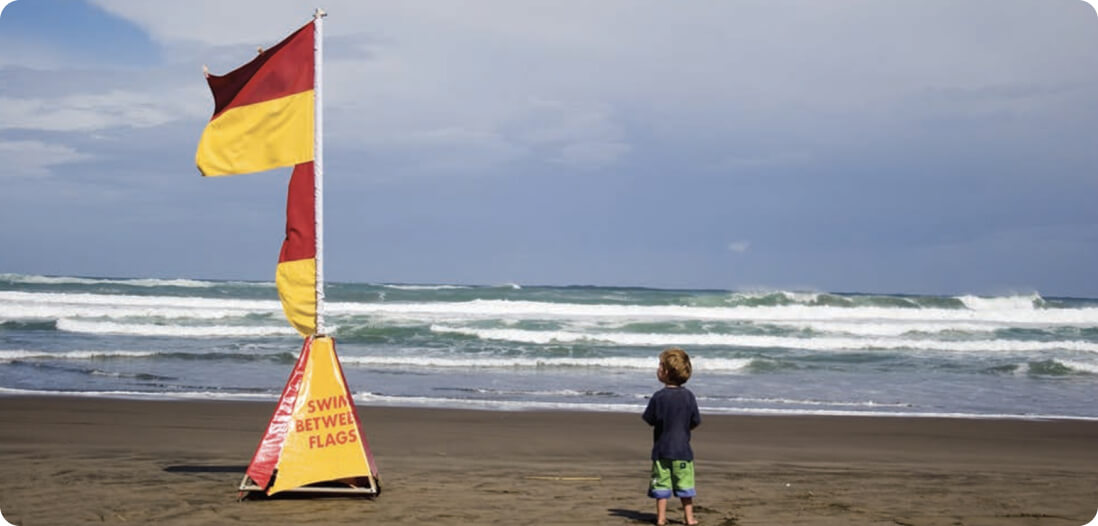
COMING SOON
Now We Are Two — Describing our First 1,000 days
This report provides insight into the physical health and development, emotional and behavioural well-being, and cognitive development of New Zealand two-year-olds. The report also depicts changes in the children's home environment, childcare arrangements and socioeconomic situation over the first two years of their lives.
Report 03 | June 2014
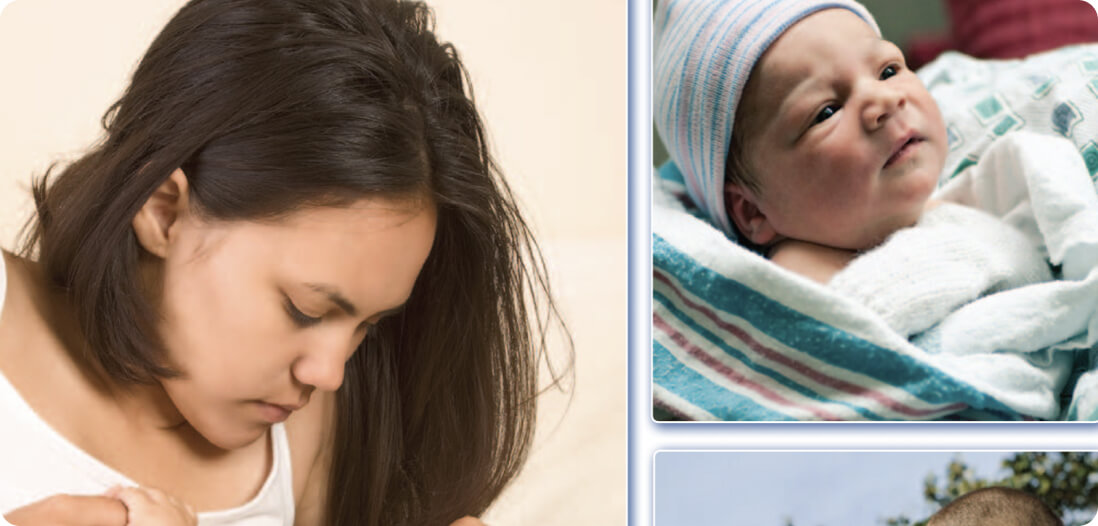
COMING SOON
Now We Are Born
The report delivers details about the beginning of the children's journeys, in the context of their families and their wider environments. The children are not yet one year old, but already their developmental pathways are being established.
Report 02 | March 2012
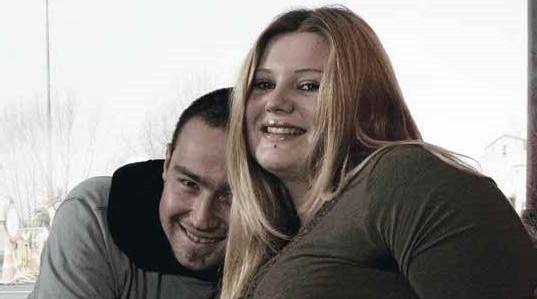
Before We Are Born - 2010
The data in this report generates insights not only into the hopes, dreams and realities faced by soon-to-be-parents, but also into the increasing diversity of our families, and their children who are very different from those of previous generations, and vastly different from those families involved in earlier longitudinal studies undertaken in New Zealand.
Report 10 | November 2010
%201.svg)